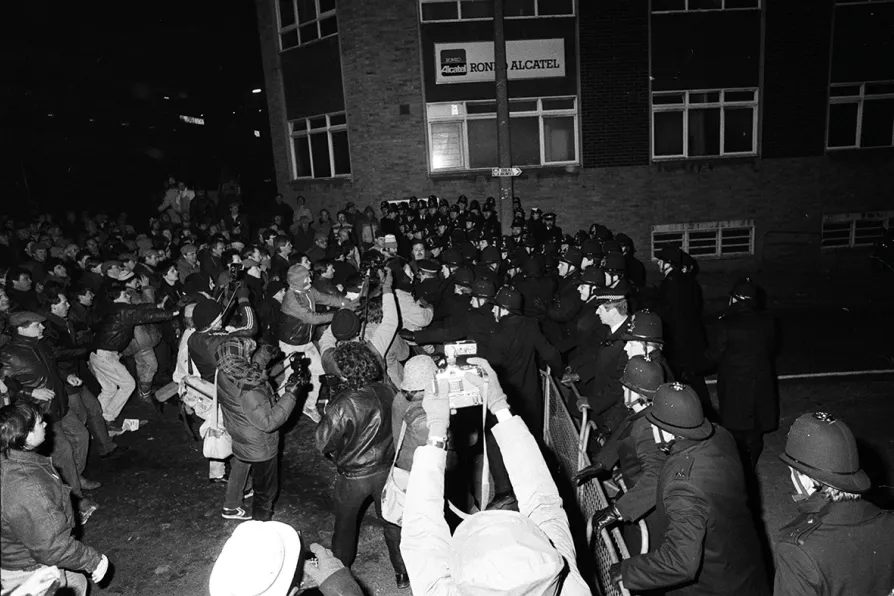Labour prospects in May elections may be irrevocably damaged by Birmingham Council’s costly refusal to settle the year-long dispute, warns STEVE WRIGHT

 TURNING POINT: Pickets face off with police outside the News International plant in Wapping, 1986
TURNING POINT: Pickets face off with police outside the News International plant in Wapping, 1986
KARL MARX noted that the past weighs like a nightmare on the brain of the living — and that certainly seems to be the case with current Tory attitudes to industrial action on the cost of living as Rishi Sunak promises yet more anti-union legislation.
The Murdoch-owned Times newspaper, for example, has opined on numerous occasions about trade unions, strikes and what union members must do — primarily stop them and get on with their work.
Yet nowhere in the Times commentaries, or indeed those of Tory ministers and MPs, is recognition of what the Thatcher governments did on trade union law.

It’s not just the Starmer regime: the workers of Britain have always faced legal affronts on their right to assemble and dissent, and the Labour Party especially has meddled with our freedoms from its earliest days, writes KEITH FLETT

Research shows Farage mainly gets rebel voters from the Tory base and Labour loses voters to the Greens and Lib Dems — but this doesn’t mean the danger from the right isn’t real, explains historian KEITH FLETT












